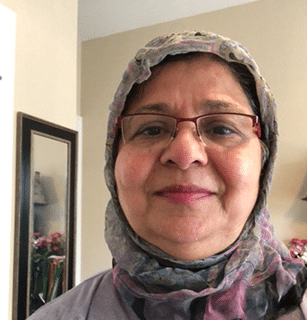Depression
Depression Blues
Depression in everyday life is a temporary experience that can range from mild dejection to profound despair. Negative or maladaptive belief systems play an important role in the onset and maintenance of depression. Depressed individuals expect failure, rejection, and dissatisfaction, and perceive most experiences as confirming those negative expectations. The thoughts are automatic, repetitive, unintended, and not readily controllable; hence, they are termed negative automatic thoughts.
Depression affects men and women. Some react with withdrawal and others react by acting out. I have clients who either internalize or externalize and act out. The approach to treatment is using the cognitive models, working with their dysfunctional cognitive self-structures/schemas. The clients exhibited negative cognitive patterns. In order to break through these negative patterns Cognitive Behavior Therapy (CBT) is beneficial.
CBT is a way of talking about: Once the client/s have narrated their story (what is upsetting him/her) I ask this question
(a)How you perceive yourself, other people and the world?
Most often the clients try to either blame themselves or project the blame on to other. One of my client Mary (pseudo name) who was struggling with low self esteem and lack of self-confidence. Her irrational beliefs were stemmed from her unpleasant and unhappy childhood experiences. She was a victim of emotional abuse and criticisms form her care- givers. She grew up accepting and believing. Even when she had success she was struggling to accept. Use of cognitive restructuring and reframing she was able to gain insight, began to process her negative thoughts and beliefs. Finally, she was willing to use confrontation and challenged her negative thoughts.
The second question I ask my client/s (b) How your actions affect your feelings and thoughts?
Clients responses usually are related to their negative emotions: sad, stuck, feeling low, want to cry, “I feel hopeless, nothing is going to change, I feel helpless, I don’t think I will ever be happy”. Jack (pseudo name) my client who I had seen for about seven sessions, said exactly these words. I asked him how these thoughts are helping him and what he has done to change or not change them. I was quite surprised by his response. He replied he was using these as crutches as it was helping him to avoid certain responsibilities. He had lost a family member, he withdrew from work and social life and induced hopeless and helpless thoughts instead of going through the grief process. Once again CBT was utilized, CBT focuses on how to improve your state of mind right now, rather than on looking back on the past. The approach to treatment involved guiding him to develop more constructive and balanced ways of coping with stressors, death loss and trauma. Ideally, this eliminated and minimized his sadness and negative thoughts.
This article was written by Shamshad Ahmed Ph.D., LPC, NCC.
If you are dealing with depression and would like help, contact Shamshad to schedule your first appointment.
912-349-8043

